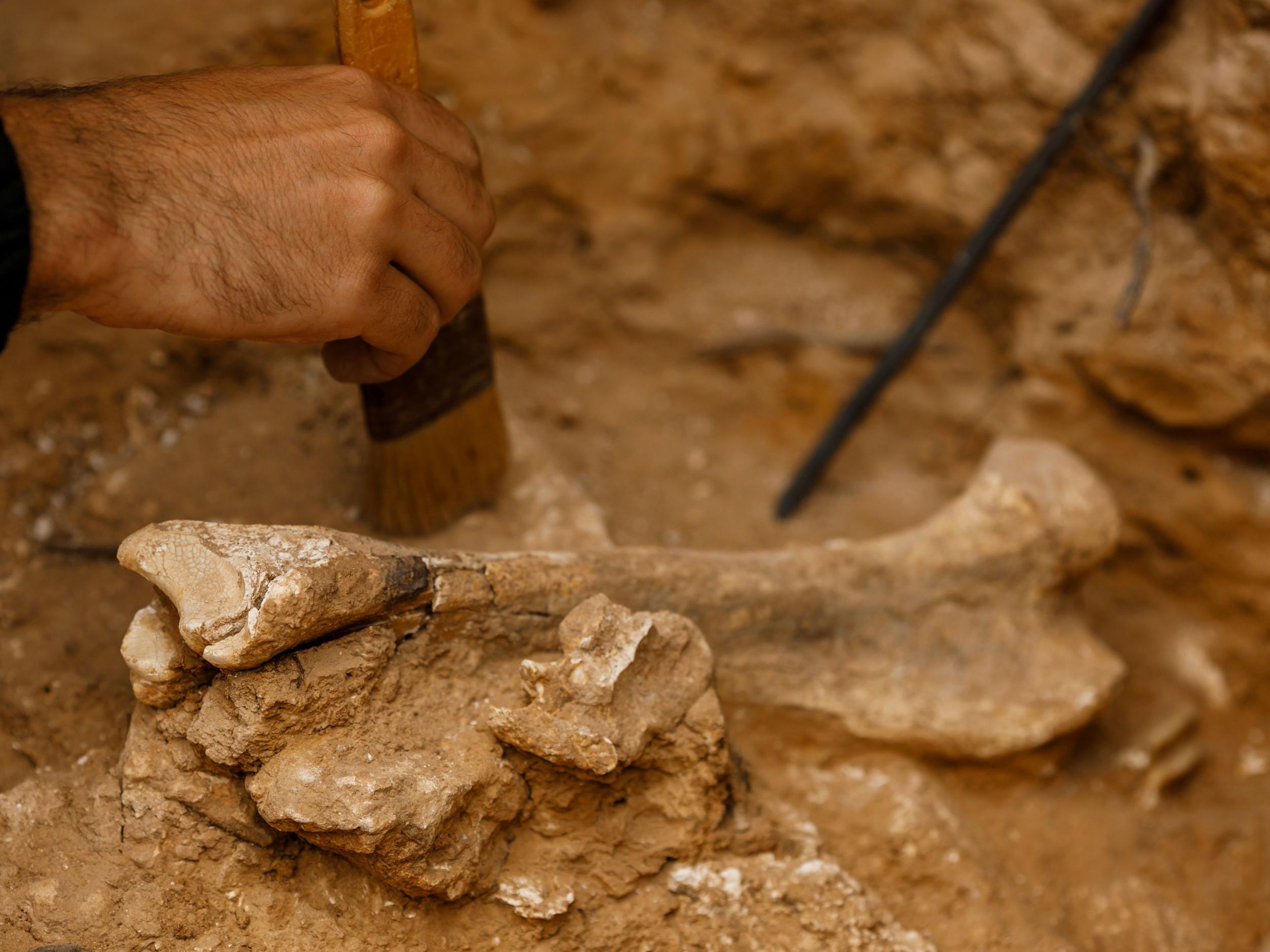Bronze Age women travelled far to spread new ideas while men stayed at home
New research shows they were key to the spread of new ideas, knowledge and objects

Your support helps us to tell the story
From reproductive rights to climate change to Big Tech, The Independent is on the ground when the story is developing. Whether it's investigating the financials of Elon Musk's pro-Trump PAC or producing our latest documentary, 'The A Word', which shines a light on the American women fighting for reproductive rights, we know how important it is to parse out the facts from the messaging.
At such a critical moment in US history, we need reporters on the ground. Your donation allows us to keep sending journalists to speak to both sides of the story.
The Independent is trusted by Americans across the entire political spectrum. And unlike many other quality news outlets, we choose not to lock Americans out of our reporting and analysis with paywalls. We believe quality journalism should be available to everyone, paid for by those who can afford it.
Your support makes all the difference.Bronze Age women travelled hundreds of miles to start new families while men stayed at home, a new study has shown.
Researchers in the German city of Munich also suggested they helped the spread of new ideas, knowledge and objects.
They came to the conclusion after examining the remains of 84 people buried between 2500 and 1650 BC.
Their findings showed that over the 800 year period there was a noticeable pattern of women travelling up to 300 miles from their birthplaces to start new families, while men stayed in their place of birth.
This "patrilocal" pattern, of couples settling in the male’s birthplace spanned from the Neolithic period into the Early Bronze Age.
Research leader, Philipp Stockhammer of the Ludwig Maximilian University of Munich said that examining their molars had allowed them "to view the immense extent of early human mobility in a new light."
He added: "At least part of what was previously believed to be migration by groups is based on an institutionalised form of individual mobility."
The research focused on groups in the Lech Valley area of Germany and the findings were published in the PNAS journal.
The study showed that individual mobility was a key part of human life as far back as the second millennium.
Dr Stockhammer said this "was a major feature characterising the lives of people in Central Europe even in the 3rd and early 2nd millennium."
Join our commenting forum
Join thought-provoking conversations, follow other Independent readers and see their replies
Comments